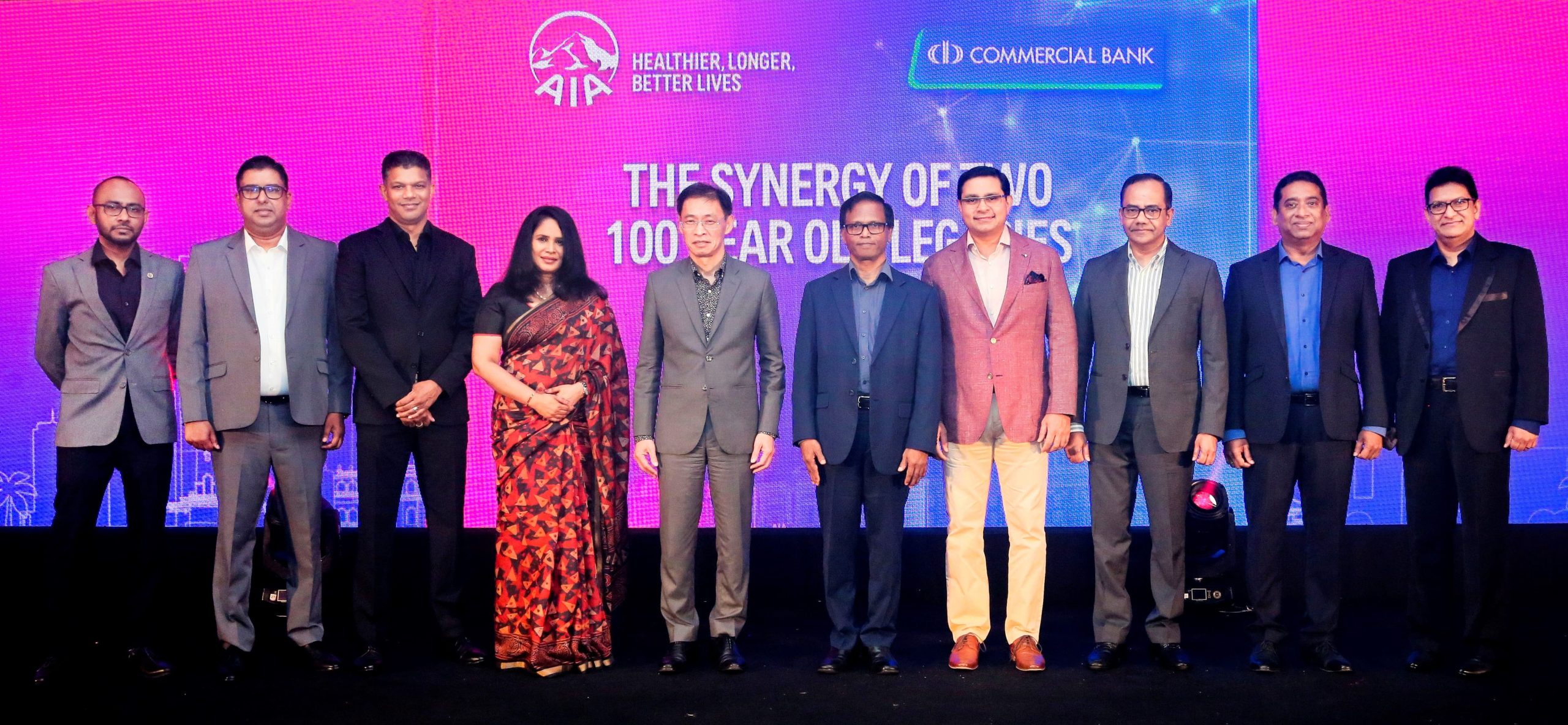Australians go to the polls on 21 May, for the country’s first election since 2019.
It will decide who serves as Australia’s next prime minister and which political group is in power.
Australians will vote for all the seats in the House of Representatives, and just over half the seats in the Senate.
The result in the House of Representatives – where the prime minister sits – will decide which party forms the next government.
One party needs to win at least 76 of the 151 seats there to form a majority government.
If it cannot do that, it must try to win support from independent MPs, or those from minor parties.
Voting is mandatory for over-18s. More than 17.2 million people – 96% of eligible voters – are enrolled for the 2022 election.
Australia does not have a set date for national elections, but the maximum term for the House of Representatives is three years.
The Liberal-National Coalition holds 76 seats in the House of Representatives, which makes it the ruling political group.
Labor holds 68, and the seven other seats are held by minor parties and independents.
In the Senate, the upper house of Parliament, the Coalition has 35 seats and Labor has 26. Forty Senate seats are up for election.
Scott Morrison has been the prime minister since 2018, having taken over from Malcolm Turnbull.
He has been taking credit for adopting a tough closed-borders approach to Covid, which helped Australia achieve one of the lowest death rates globally.
But the prime minister is facing public perception problems, after criticisms of his character from senior members of his own party and others.
Government senator Concetta Fierravanti-Wells accused him of being “an autocrat” and “a bully with no moral compass” during a row over internal party processes.
Deputy Prime Minister Barnaby Joyce wrote that Mr. Morrison was a “hypocrite and a liar” in a text message before he took the post.
Mr. Morrison is being challenged by Labor leader Anthony Albanese.
Mr. Albanese is one of Australia’s longest-serving politicians and was briefly deputy prime minister under Kevin Rudd in 2013.
Mr. Albanese has recently edged from the political left to the center, and is basing his campaign on “small targets” – modest policy proposals.

